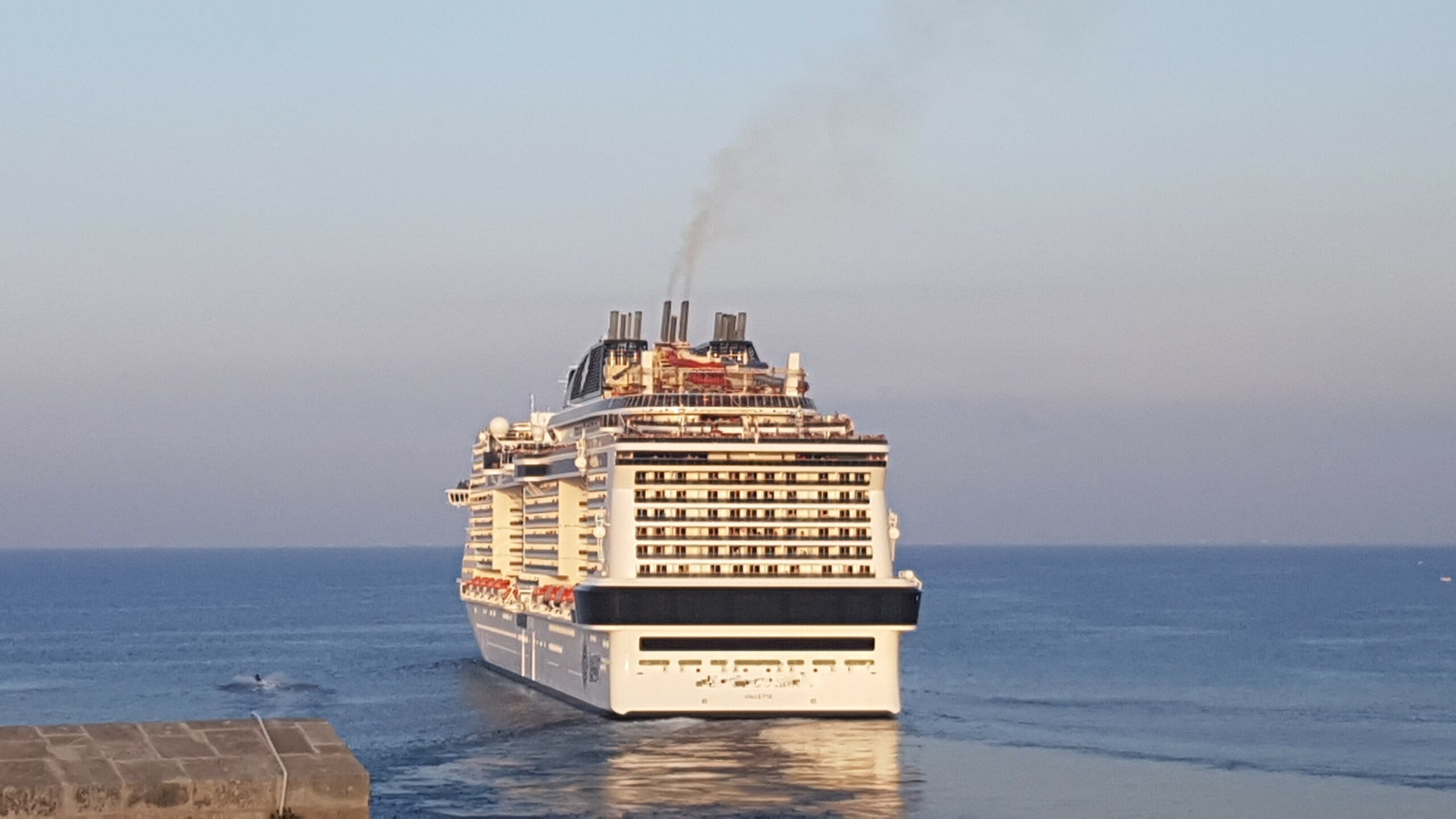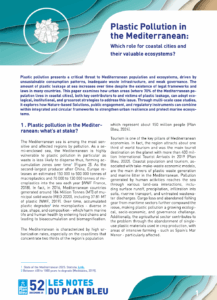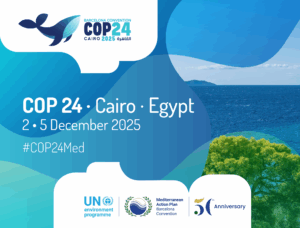
The Mediterranean Sea is one of the busiest shipping lanes in the world. In 2019, 24% of the global fleet of ships and more than 17% of cruises in the world passed through the basin. In 2016, more than 228,000 people died prematurely from exposure to air pollution, according to our State of the Environment and Development in the Mediterranean report. At COP 22, the Contracting Parties of the Barcelona Convention and the European Union adopted the decision on the designation of the Mediterranean Sea as a whole as an Emission Control Area for Sulfur Oxides (Med SOx ECA). The decision is the result of intense consultations between the Contracting Parties which were facilitated by the teams of the Mediterranean Action Plan of the United Nations Environment Program (UNEP / MAP), including Plan Bleu and the Mediterranean Regional Center for Emergency Response to Accidental Marine Pollution (REMPEC). Cleaner air means better health, including reduced vulnerability to COVID-19 – known to become acute when the virus encounters underlying conditions and other respiratory and cardiovascular illnesses. The Med SOx ECA would also bring significant benefits to nature. When released into the atmosphere, SOx can cause acid rain and exacerbate ocean acidification. In addition to improvements in air quality along the perimeter of the Mediterranean basin, this would benefit agriculture, animal husbandry and other socio-economic activities in the densely populated Mediterranean coastal areas. Slowing these emissions would ultimately be good news for professionals at sea, as it would improve visibility both inland and at sea across large swathes of North Africa and into the Strait of Gibraltar.
More information on REMPEC WEBSITE.












